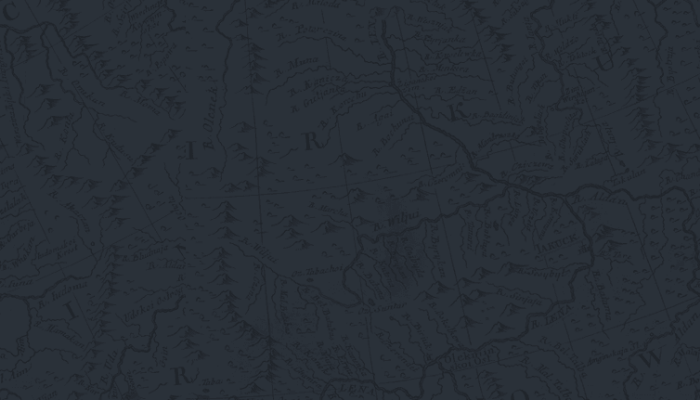Haiti Update

Jan 14, 2010

A lot has been happening with the Haiti deployment, much of it is coordinating with the other teams who are working on crisis mapping and digital tools, and then there's a fair number of interaction points with media and other partner organizations.
Major Items
We've been running most communications in Skype chat channels, which works well. It's hard to come up to speed on what's happened if you step away though, so we've instituted our Situation Room for important items. This means that instead of having to read 3000+ chat messages, you can just read one page and be up to date.
We've been talking with the US State Dept who is giving us a shortcode "200" that was used by them before. We're coordinating with InSTEDD and others to utilize this for when the mobile networks come back up.
Translations are pretty much finished for the Ushahidi deployment, they're now shifting to help with other sites like the HaitianQuake.com missing persons index.
haitianquake.com Missing Persons Index is being politely taken over by Google. Google is using the same design pattern as haitianquake. They have collected 2800+ names into the index thus far. Export formats had already been created for RSS and PFIF. Here is the new site: http://haiticrisis.appspot.com
We've put together some buttons and badges for people to put onto their own websites (see below).
The Fletcher School at Tufts put together a group that crowdsourced and filtered the incoming reports, a HUGELY helpful and tedious process.
There's an embeddable iframe that will allow you to put the Ushahidi Haiti map on your own website, here's the code. You can also adjust the language to French:
All of the Haitian mobile phone networks have been down, which means our reports are mainly coming through the data channels (internet). Web reports, email and Twitter are the primary ways we've been getting them.
We're continuing to look for valuable and useful geolocated data in order to add it to the map as an overlay. A good example of this would be organizations in Haiti, their location, their contact info and what they are working on. Sahana has the organization registry project to do this since openly.
Thank goodness the Ushahidi team, and volunteers, are distributed around the world. We've started taking shifts where the US team and the Africa team switch off and on at rotating schedules. Due to the 7 hour difference, we have a nice overlap of 4-6 hours when the US team wakes up and before the Africa team goes to sleep.
Buttons and Badges